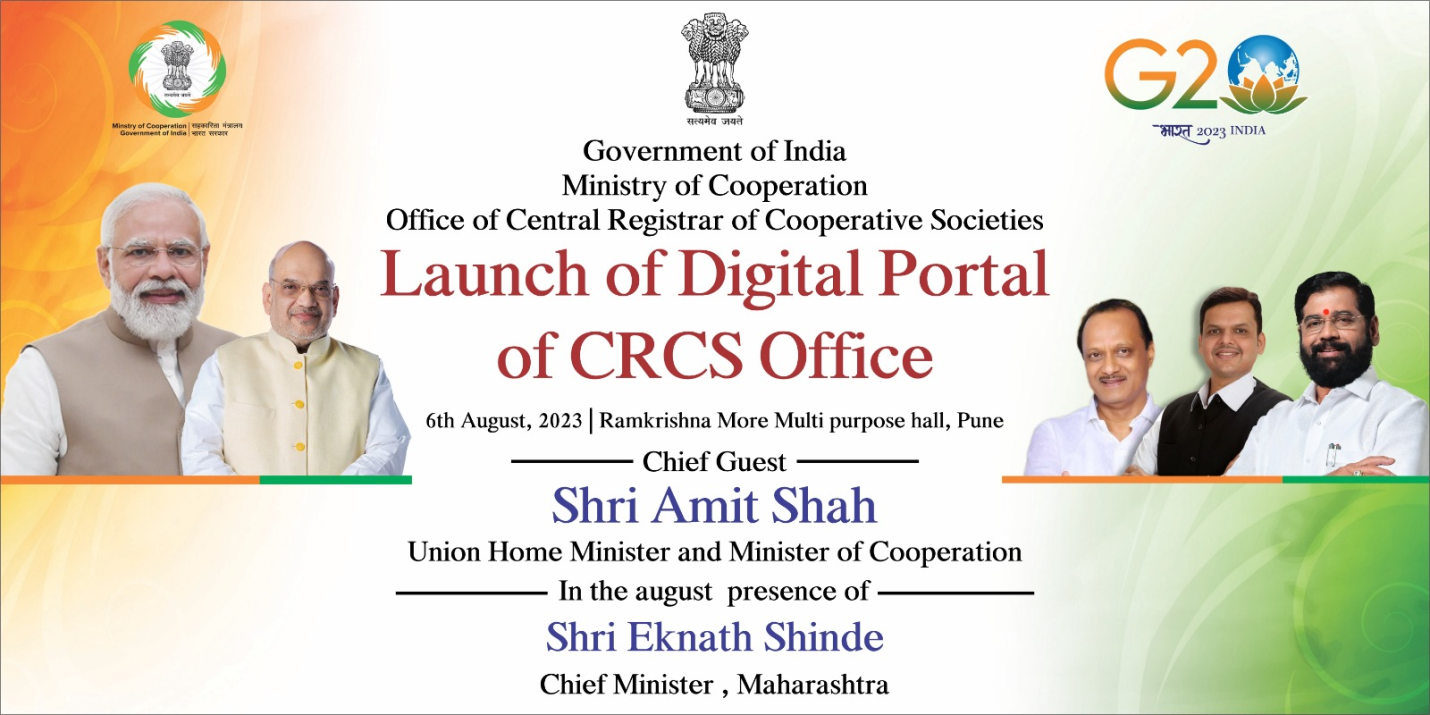Free Courses Sale ends Soon, Get It Now


Free Courses Sale ends Soon, Get It Now



Copyright infringement not intended
Context: The digital portal of the Central Registrar of Cooperative Societies (CRCS) office in Pune was inaugurated by the Union Home Minister and Minister of Cooperation on August 6.
Details
Main objectives of computerization
Significance
Conclusion
Must Read Articles:
COOPERATIVES IN INDIA: https://www.iasgyan.in/daily-current-affairs/cooperatives-in-india#:~:text=In%20Part%20III%20of%20the,the%20co%2Doperative%20societies%22.
MULTI-STATE COOPERATIVE SOCIETIES (AMENDMENT) BILL, 2022: https://www.iasgyan.in/daily-current-affairs/multi-state-cooperative-societies-amendment-bill-2022-47
COOPERATION POLICY: https://www.iasgyan.in/daily-current-affairs/cooperation-policy
|
PRACTICE QUESTION Q. What is the role and importance of Cooperative Societies in driving inclusive economic development and empowering communities? How do Cooperative Societies positively influence key sectors like agriculture, finance, and consumer goods? What are the main challenges that Cooperative Societies encounter, and what strategies can be proposed to overcome these challenges and ensure their continued and effective contribution to socio-economic growth?" |
https://pib.gov.in/PressReleaseIframePage.aspx?PRID=1946004
© 2024 iasgyan. All right reserved